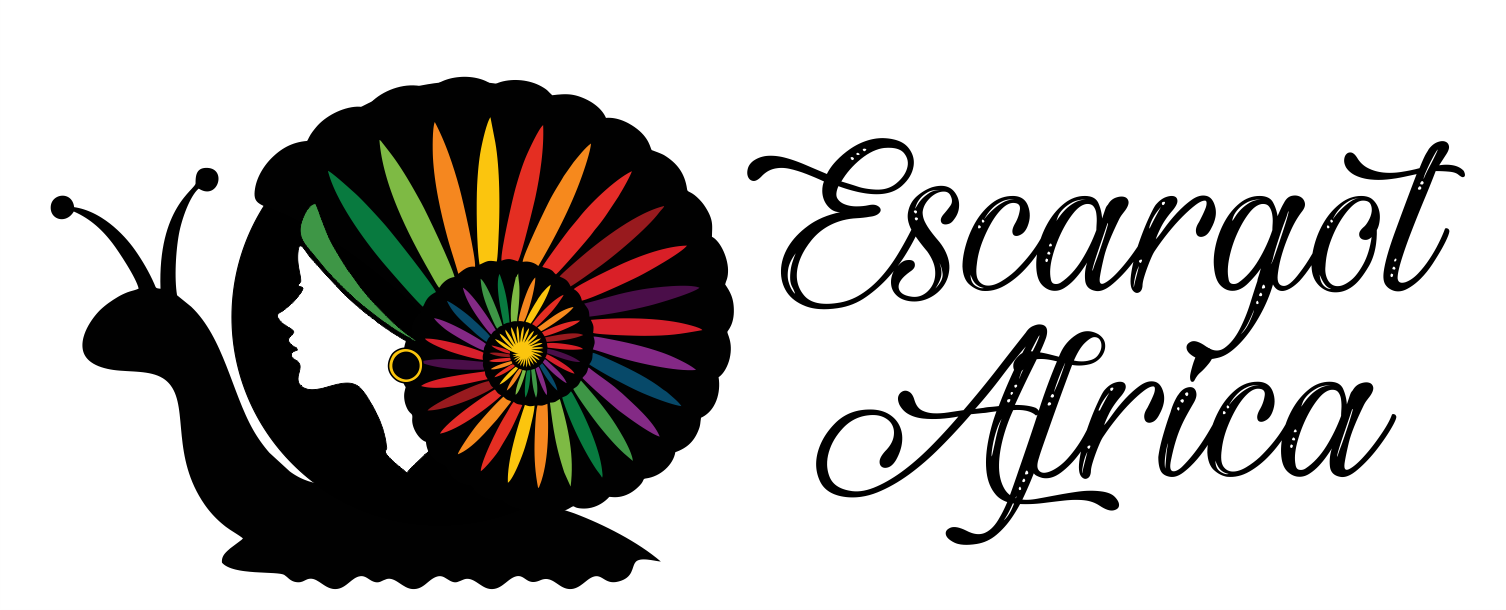Heliculture is the practice of raising edible snails primarily for human consumption and cosmetic use. Snails produce meat that is healthier than beef, fish and chicken and is recommended by the Heart Foundation.
In 2014 the total worldwide consumption of snails was around 450 000 tons with a deficit (shortage) of 90 000 tons of snails in France alone. The demand for snail meat is still rising especially in Europe who recorded that consumption of snails reached $12 billion in 2014. In South Africa we have a shortage of over 200 tons of snails every year – and rising. African countries such as Kenya and Nigeria are also building snail farms as a method of feeding the nation and building the economy.
Snail meat, sold as Escargot is available in every grocery store from Econo Foods and Checkers to Woolworths and Pick N Pay. Most restaurants offer escargot dishes – traditionally served with cheese, garlic and fresh bread. ALL OF IT is imported from European and Asian countries despite the fact that South Africa has the perfect climate to farm these products.
In comparison to other meat producing farms, snail farms need far less space, is much easier and cheaper to set up making it possible for all rural, residential and agricultural areas to farm successfully. This also means that less physical labor is required which of course makes it easier for female farmers to manage.
Important to note is that snails are hermaphrodites, which means every snail has both male and female parts and every single snail is able to produce eggs. Considering that each snail will lay on average 100 – 150 eggs per lay, up to 6 times a season, the ROI is substantial.
Further to the snail meat, snails’ eggs or Snail Caviar is a high end food product that is currently being sold for USD115 (approx. R1660) upwards for a 42-gram jar.
Snail Mucin or snail slime is being used in a variety of cosmetics yielding fantastic results with regards to anti-aging, wound healing and collagen reproduction. A gram of snail mucin powder currently retails for 25 Euros. Some South African small farmers are selling mucin at R15 per milliliter – that’s R750 per 50ml bottle!
Snail shells are processed and added to animal feed as a calcium supplement which means that the Heliculture Industry has various streams of revenue and not a single part of the snail goes to waste.
Snail farming has been done for centuries and not a new product, which is why it is surprising that South Africa does not have a sustainable heliculture industry – yet.
Snail Farming is a profitable business around the Globe
